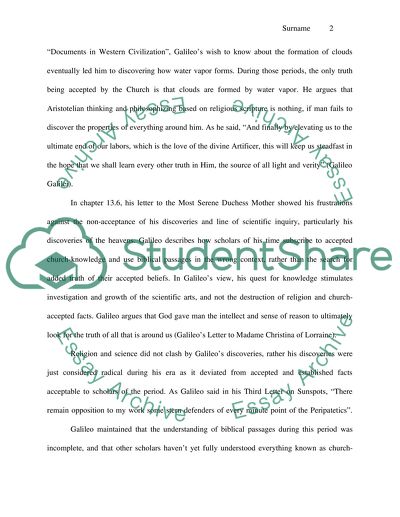Cite this document
(“Modern Age Europe 1348-1789 Primary Doc Analysis Essay 3 - 2”, n.d.)
Retrieved from https://studentshare.org/history/1607281-modern-age-europe-1348-1789-primary-doc-analysis-essay-3
Retrieved from https://studentshare.org/history/1607281-modern-age-europe-1348-1789-primary-doc-analysis-essay-3
(Modern Age Europe 1348-1789 Primary Doc Analysis Essay 3 - 2)
https://studentshare.org/history/1607281-modern-age-europe-1348-1789-primary-doc-analysis-essay-3.
https://studentshare.org/history/1607281-modern-age-europe-1348-1789-primary-doc-analysis-essay-3.
“Modern Age Europe 1348-1789 Primary Doc Analysis Essay 3 - 2”, n.d. https://studentshare.org/history/1607281-modern-age-europe-1348-1789-primary-doc-analysis-essay-3.


